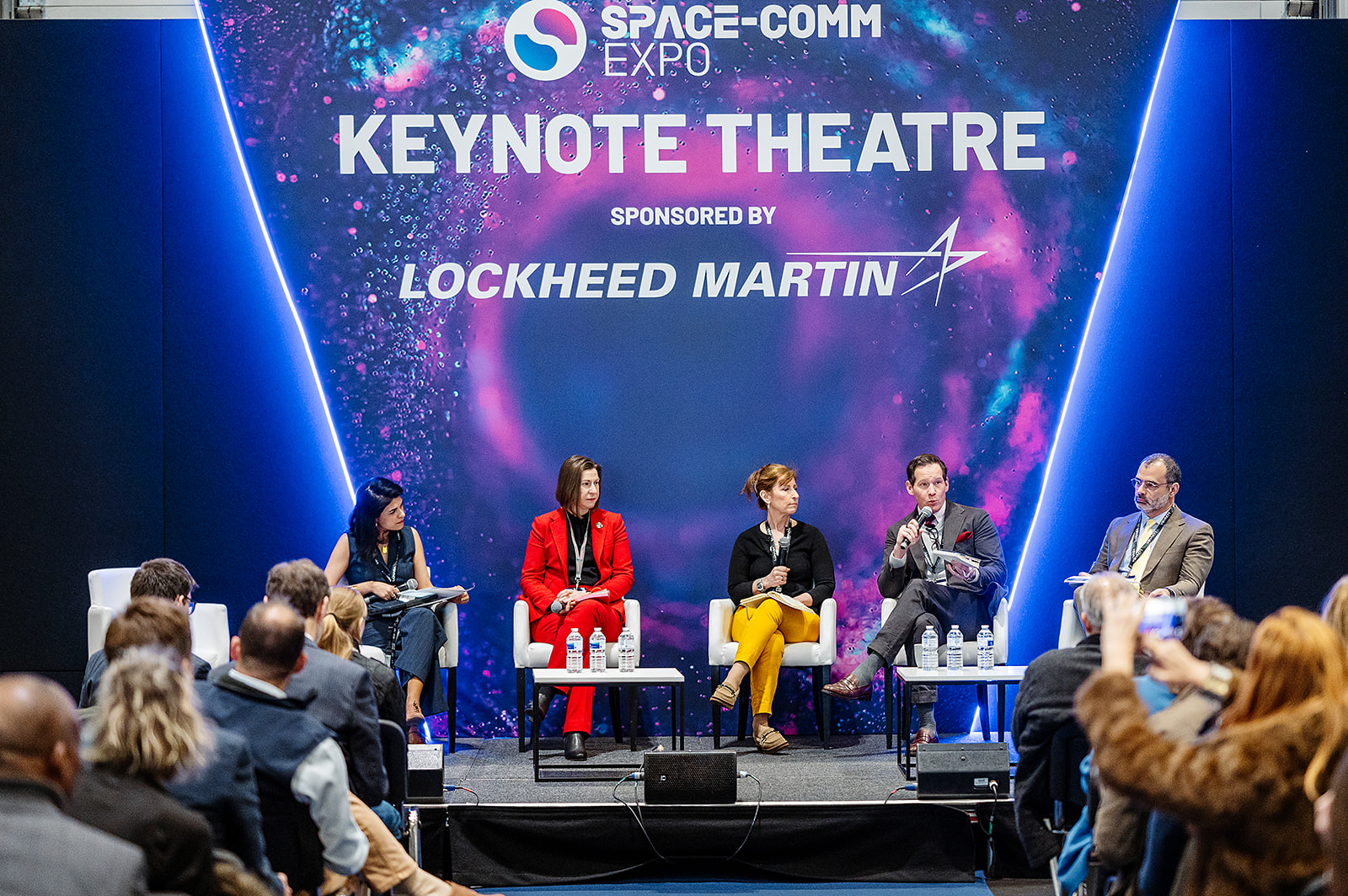Space Power developing first non-gov LASER powered beaming tech for space
Image courtesy Space Power
with the funding enabling it to collaborate with the University of Surrey on a space infrastructure project supporting the company’s plans to develop the first in-orbit laser-based power beaming demonstration outside of a governmental organisation by 2023, with full commercialisation by 2025.
The SPRINT (SPace Research and Innovation Network for Technology) project follows on from an initial innovation voucher-funded feasibility study on laser transmission with the University of Surrey and will investigate and verify the efficiency benefits that can be gained compared to sunlight. The objectives are to develop the Technology Readiness Level (TRL) of the new technology, measure the advantages of lasers and sunlight and provide data to enable Space Power to design its prototype for small satellites in space.
Power demands are outstripping supplies as humanity finds more ambitious and useful tasks for CubeSats, driving operational efficiency below 5% of the total flight time – necessitating huge constellations of 100 satellites or more, just to keep up with demands for more data. This energy scarcity is creating an impending ecological disaster in-orbit and on the ground.
Wireless power beaming is a critical technology for the space infrastructure that will provide auxiliary power to increase the baseline efficiency of small satellites in Low Earth Orbit (LEO). The first Space Power product will be designed as a plug-and-play system for satellite manufacturers to include in their offering to their LEO constellation customers.
Professor Sweeney’s group at the Department of Physics and Advanced Technology Institute at the University of Surrey is a world leader in the development and implementation of laser and photovoltaic-based technologies. The group has developed highly specialised laser laboratories and optical systems that will be used to pursue the technical aspects of this project.
This project with the University of Surrey will be funded by the £7.4 million SPRINT programme. SPRINT provides unprecedented access to university space expertise and facilities. SPRINT helps businesses through the commercial exploitation of space data and technologies.
Keval Dattani, Director of Space Power said: “The SPRINT project is an important development from our feasibility study with the University of Surrey that enables us to approach customers with confidence and demonstrate the improved efficiencies available by using auxiliary power systems.
“By focusing on light optics and power beaming, we are looking to increase small satellite operating efficiencies by a factor of between 2X-5X. The project is expected to validate these claims and offer a development path towards tuned photovoltaics and laser systems for our customers to unlock their ambitious power requirements.
“There’s a desperate need for more power to deliver the data we need to help tackle climate change, ocean pollution and erosion and telecommunications – currently this is being done at the expense of putting up more, larger satellites than necessary and adding more and more layers of rare earth materials to their photovoltaics, only to seek out an extra five per cent of power. This strategy is unsustainable and only demands more from our limited resources on earth, especially against the backdrop of the exploding population of CubeSats in the next five years when we will also struggle with problems of orbital over-population and debris.
“We have seen the benefits of powering satellites using lasers which enables smaller satellites, simpler systems and fewer resources – whilst performing more work to help us understand our planet better. For us, this is a neat solution with long term benefits, not least for lunar outposts and asteroid mining but back here on earth too.”
Stephen Sweeney, Professor of Physics at the University of Surrey added: “The University of Surrey has a long track record in photonics and space research and brings unique expertise in both high power lasers and photovoltaics. We have many years of experience in optical wireless power and are delighted to work with Space Power to help develop such technologies for space-based applications.”
SPRINT is supported by Research England, the Scottish Funding Council and the UK Space Agency. It is being delivered by a consortium of the UK’s leading space universities, including founding members, led by the University of Leicester with the University of Edinburgh, The Open University, University of Southampton and University of Surrey. SPRINT Associate Member universities include the University of Exeter: University of Strathclyde; Kingston University; City, University of London; Durham University; University of Bristol; University of Glasgow and University of Leeds.















